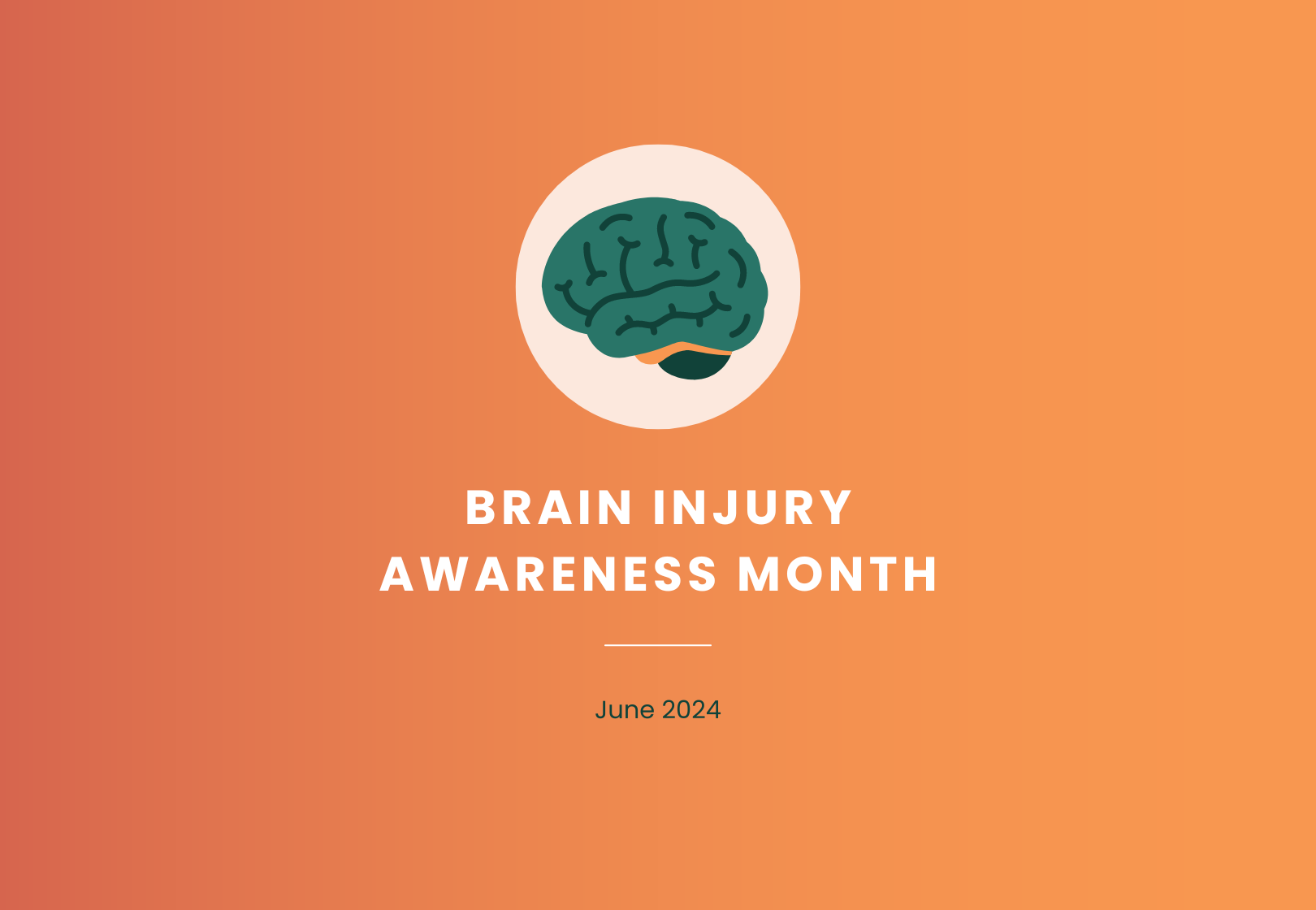Recognizing Brain Injury Awareness Month
Bringing awareness to the social, economic, and physical effects of traumatic and non-traumatic brain injuries.
Jun 30 2024 | Connective

As we wrap up the month of June, we wanted to take a moment to look back and acknowledge that alongside National Indigenous History Month, it was also Brain Injury Awareness Month.
Brain Injury Awareness Month is a time to bring awareness to the social, economic, and physical effects of traumatic and non-traumatic brain injuries. At Connective, we are all too familiar with the concurrent systemic barriers faced by those living with Acquired Brain Injuries (ABI), including impacts of the housing crisis and the challenge of obtaining mental health care.
About Brain Injuries
There are two types of Acquired Brain Injuries:
Traumatic Brain Injuries (TBI): involve damage to the brain caused by events outside the body, such car accidents or sports incidents.
Non-Traumatic Brain Injuries (nTBI): involve damage to the brain caused by events inside the body, such as dementia or Alzheimer’s.
In Canada, over 1.5 million people are living with a brain injury and each year, 165,000 new traumatic brain injuries occur across the country. This means that someone experiences a brain injury every three minutes.
When someone suffers an ABI, they may:
- Have altered sensory abilities (impaired vision, smell, touch)
- Struggle physically (tremors, overall weakness)
- Experience a shift in personality (depressed, short-tempered, lethargic)
- Suffer from impacts to memory and attention span (this can result in feelings of sadness, anger, or worry)
- Need to leave work either temporarily or permanently (often causing financial hardships and additional stress)
- Require additional supports, bringing increased costs (long-term care, regular specialist visits, and others that may not be covered under insurance)
Beyond the immediate physical and economic effects, people with ABIs are disproportionately impacted by a variety of social issues:
- 1 in 4 who access mental health and substance use services have a history of brain injury
- It is common for people with an ABI to become depressed and/or anxious
- Changes in the brain may impact impulse control and judgment, leading to substance use
- Up to 82% of people experiencing homelessness have a traumatic brain injury
- People with an ABI may not be able to return to full-time work, or even remained employed, resulting in financial distress
- People with brain injuries are 2.5x more likely to be incarcerated.
- A shift in personality may result in anger management issues, engagement in high-risk behaviors, poor judgment, lack of impulse control, all of which can lead to conflicts with the law
- Indigenous Peoples are 4x more likely to be affected by a traumatic brain injury than other populations in Canada.
- Remote and isolated communities have delayed or limited medical services, leading to a delay in care which can worsen ABI outcomes
- Socioeconomic challenges common in First Nations communities, such as inadequate housing and economic hardships, can increase accidents and injuries, including ABIs
These statistics showcase some of the realities and barriers faced by people living with an ABI. More often than not, ABIs occur in situations out of the person’s control. Regardless of their origin, we need to lead ABI responses with compassion, patience, and person-centered support.
How Connective Supports People With ABIs
At Connective, we work to support people with ABIs to achieve their goals and gain greater independence. Two of our programs, Hawthorn and Juniper House, offer safe and secure housing with tailored, individualized supports for people with ABIs.
Hawthorn House
Located in the Lower Mainland, Hawthorn House supports male-identifying individuals who are referred by Fraser Health. Hawthorn provides 24-hour living assistance, meals, individualized case planning, and access to community resources. A couple of highlights of community activities include attending a BC Lions game and taking walks around Mundy Park.
A care program in Prince George, BC, Juniper House will provide a safe home for adults and seniors with dementia or acquired brain injuries. Individuals with an ABI will be referred to Juniper House by Northern Health, and Connective staff will work to ensure their care needs are met, while helping them live as independently as possible. When Juniper House opens later this summer, residents will also have significant access to local infrastructure – including shops, public spaces, transit, healthcare buildings, and more – allowing residents to feel included in the community while focusing on their wellbeing and goals.
Connective is committed to helping all members of our community, including those with ABI, live their best lives. We are honoured to be a part of so many peoples’ journey toward independence and look forward to seeing how their stories develop.